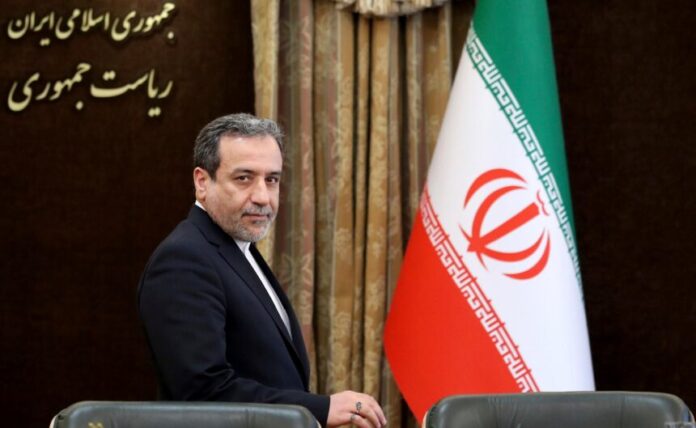Iran has issued a stern warning to Western powers as the deadline for the potential return of United Nations sanctions approaches, escalating tensions over its nuclear program. Foreign Minister Abbas Araghchi declared on Monday that Tehran would not bow to external pressure, urging Europe to choose between “cooperation or confrontation.”
His remarks, broadcast on Iranian television, came as Britain, France, and Germany (the E3) prepare to trigger a “snapback” of international sanctions, accusing Tehran of breaching the 2015 nuclear agreement.
That deal, formally known as the Joint Comprehensive Plan of Action (JCPOA), was designed to limit Iran’s ability to develop nuclear weapons in exchange for sanctions relief.
Araghchi reiterated Iran’s preference for diplomacy, stating, “We believe that diplomacy can solve the nuclear dispute with the West.” However, he warned that if sanctions return, Tehran would respond decisively.
Iran’s Supreme National Security Council has already threatened to suspend cooperation with the International Atomic Energy Agency (IAEA). Parliamentary security spokesman Ebrahim Rezaei further cautioned that the recent agreement signed with the IAEA in Cairo, which reopened technical cooperation and inspections, could collapse entirely if sanctions were reimposed.
European leaders, however, remain skeptical. French President Emmanuel Macron said last week that sanctions were “likely” to return by the end of September. In an interview with Israel’s Channel 12, Macron accused Tehran of lacking seriousness, despite Araghchi’s attempts to propose a compromise.
The dispute intensified on Friday when the UN Security Council rejected a draft resolution aimed at preventing sanctions from being restored. Nine members opposed the resolution, with only four supporting and two abstaining. The vote leaves a narrow eight-day window for last-ditch negotiations before sanctions automatically return on September 27.
Iran’s UN ambassador, Amir Saeid Iravani, insisted that “the door of diplomacy is not closed” but stressed that Tehran would decide “with whom and on what basis it will deal.” He argued the divided Security Council vote reflected a lack of consensus on the issue.
The E3 have floated a six-month delay to sanctions in exchange for Iran’s compliance with inspections, uranium stockpile reductions, and renewed talks involving the United States. British Ambassador Barbara Woodward emphasized that without these basic conditions, “there is no clear path to a quick diplomatic solution.”
The United States, represented by Acting Ambassador Dorothy Shea, voted against the draft resolution but signaled openness to dialogue. Shea said President Donald Trump remained ready for “meaningful, direct, and time-bound” negotiations with Tehran.
Russia and China, both signatories to the 2015 nuclear deal, have opposed the European initiative. China’s UN envoy warned that a snapback could undermine diplomatic efforts and unleash unpredictable consequences.
As the September 27 deadline looms, Iran and Western powers appear locked in a dangerous standoff. While Tehran continues to push for diplomacy, its warnings suggest that confrontation may be inevitable if sanctions return.
The next week will be critical in determining whether negotiations can salvage the nuclear accord—or whether the world will face another escalation in Middle Eastern tensions.

